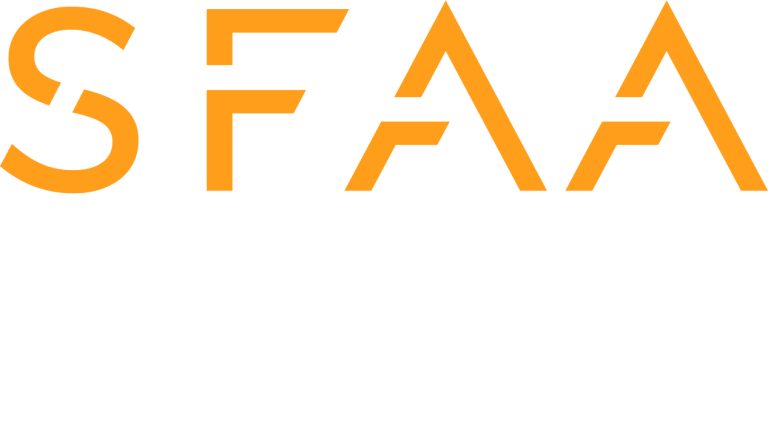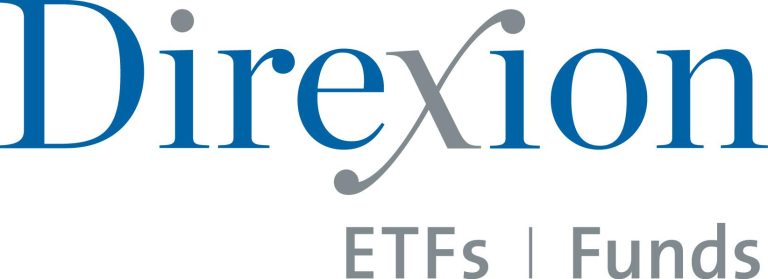
You probably know the importance of retiring with a hefty, well-diversified portfolio of assets. But what if you’ve spent some of your money accumulating things that look like ‘assets’ but are actually hidden liabilities.
Here are the top seven tempting but deceptive money drains that many people trap themselves into before retirement.
Don’t miss
- I’m 49 years old and have nothing saved for retirement — what should I do? Don’t panic. Here are 5 of the easiest ways you can catch up (and fast)
- Gain potential quarterly income through this $1B private real estate fund — even if you’re not a millionaire. Here’s how to get started with as little as $10
- You’re probably already overpaying for this 1 ‘must-have’ expense — and thanks to Trump’s tariffs, your monthly bill could soar even higher. Here’s how 2 minutes can protect your wallet right now
1. Brand new cars
If you’re relatively older and financially secure, splurging on your ‘dream car’ can be the ultimate temptation. Why not buy the toys you’ve always wanted and resell them to someone else who’s just as passionate about motors as you?
Well, the typical new car loses roughly 30% of its value within the first two years alone, according to Kelley Blue Book. The depreciation rate slows down after those initial years, which means buying a modestly used car at an affordable price is a better way to secure your financial future.
2. Timeshares
Spending your retirement on the beach in Cabo Verde is undoubtedly attractive for many people. But there’s a difference between buying a vacation home somewhere exotic and buying a timeshare.
Unlike property ownership, timeshare ownership involves steep initial costs, recurring maintenance fees, low resale potential, and rigid usage schedules.
On top of that, the secondary market is notoriously poor, and many owners struggle to exit their agreements. Sales tactics can be aggressive, and the contracts themselves are often complex and difficult to navigate.
Consider creating an annual budget for vacation rentals in your retirement plan instead of locking yourself into these bad deals.
3. Luxury collectibles
Yes, there is an active market for luxury collectibles such as vintage cars, designer handbags and luxury watches. But a Rolex probably doesn’t deserve a spot on your retirement portfolio.
Luxury consumers are a fickle bunch and what’s considered valuable today may not be as valuable by the time you retire.
Diamonds, for instance, were a popular collectible but have seen prices decline by 26% in just the last two years, according to The Guardian.
With that in mind, avoid the glamorous “assets” and focus on safe but boring investments like corporate bonds or dividend stocks.
Read more: Want an extra $1,300,000 when you retire? Dave Ramsey says this 7-step plan ‘works every single time’ to kill debt, get rich in America — and that ‘anyone’ can do it
4. McMansion or home upgrades
It’s nearly irresistible to think of your primary residence as the bedrock of your retirement. The median American homeowner is sitting on $327,000 in home equity as of 2024, according to the ICE Mortgage Monitor report.
However, it’s possible to go overboard with this investment. Buying a house that is far beyond your budget or too big for your needs can make it tougher to pay off the mortgage or maintain the property when you’re on a fixed income. It’s also a good idea to avoid excessive and frequent renovations to try and add value to the property.
Instead, focus on minimizing costs and debt and consider downsizing to tap into some of that built-up equity to make your retirement more flexible and comfortable.
5. Lottery tickets or speculative investments
Buying lottery tickets or pouring money into unproven and speculative investments is rarely a good idea, regardless of your age. But the risks are magnified when you’re older and approaching the end of your career.
Instead of indulging in wishful thinking that a meme-worthy cryptocurrency or random penny stock is going to make you rich overnight, consider the safer path to retirement. Focus on blue chip dividend stocks, bonds or gold.
6. Multiple or excessive mortgages
Rental income from a robust portfolio of real estate is a great way to enhance your passive income in retirement. But if you’re at the end of your career and rely on a fixed income, you should recognize the fact that your capacity for risk is much lower.
With this in mind, consider lowering or paying off all the mortgages on your rental properties. If you can’t, sell a few units to pay off the loans on others in your portfolio.
As a retired landlord, you can’t afford a sudden housing market crash or interest rate volatility.
7. Whole life insurance
Despite what the insurance salesman has probably told you, whole life insurance isn’t an ideal retirement vehicle.
These plans can be five to 15 times more expensive than term life insurance, according to Investopedia, and you have limited control over how the capital is invested.
Instead, focus on relatively simple financial instruments that offer steady cash flow and greater control.
What to read next
- Millions of Americans now sit on a stunning $35 trillion in home equity — here’s 1 new way to invest in responsible US homeowners while targeting a 14%-17% IRR
- Robert Kiyosaki warns of a ‘Greater Depression’ coming to the US — with millions of Americans going poor. But he says these 2 ‘easy-money’ assets will bring in ‘great wealth’. How to get in now
- Here are 5 ‘must have’ items that Americans (almost) always overpay for — and very quickly regret. How many are hurting you?
This article provides information only and should not be construed as advice. It is provided without warranty of any kind.


